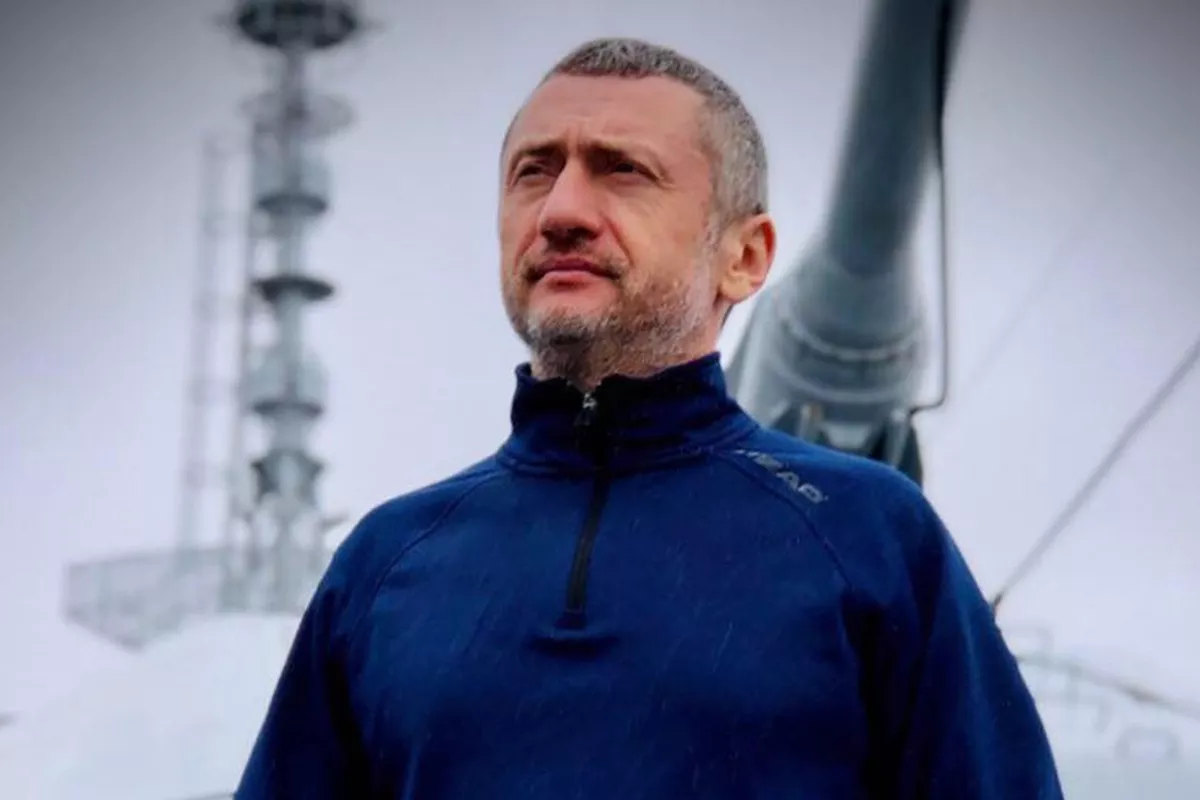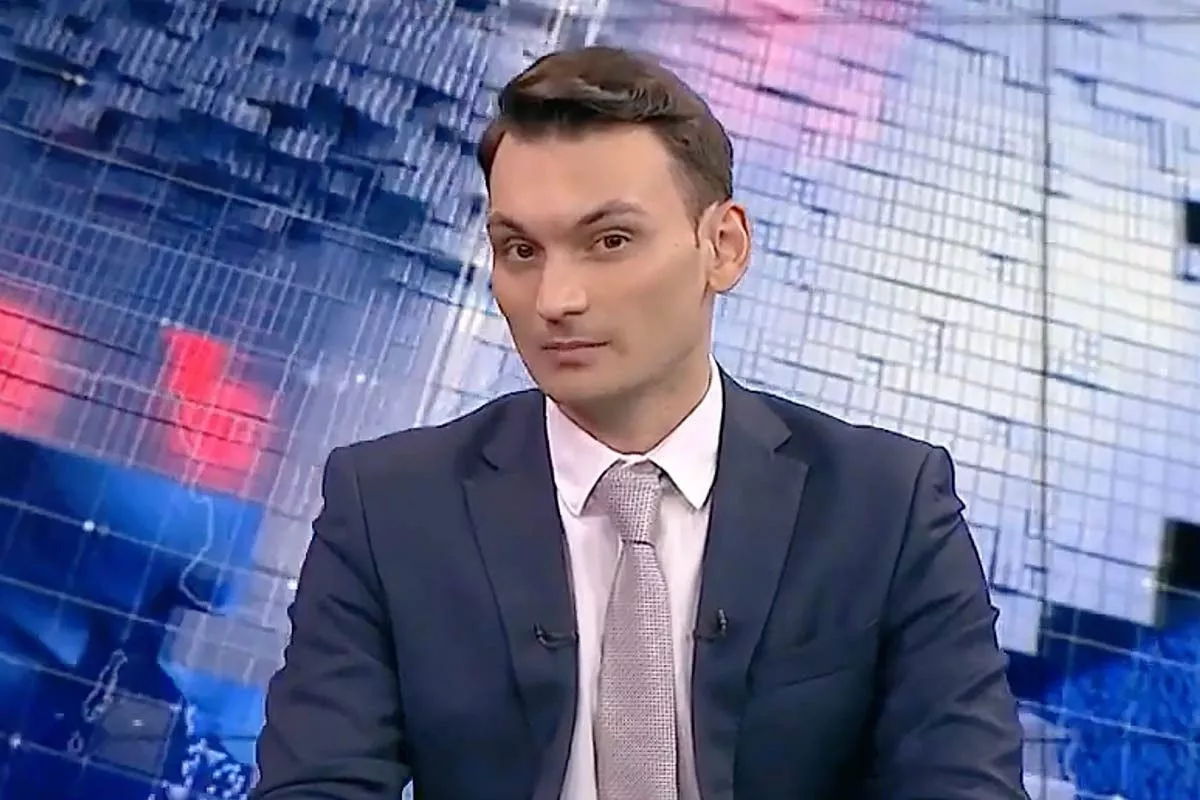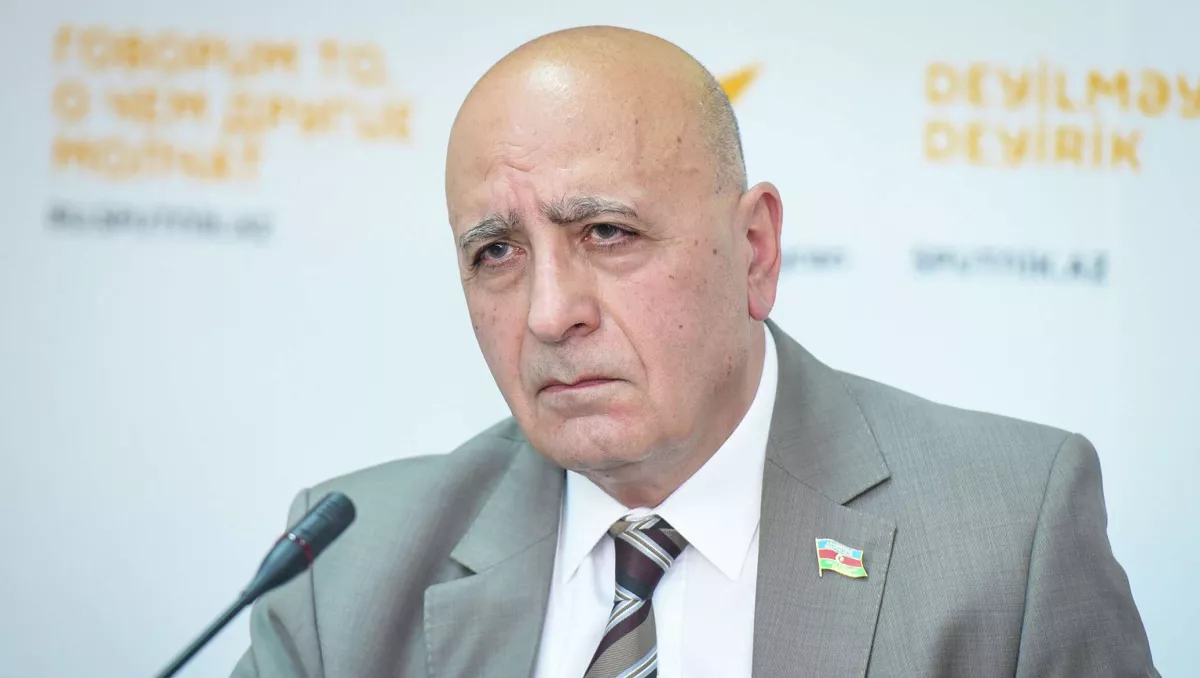Truce on a knife's edge Experts weigh in on fragile Israel-Iran ceasefire
The military campaign against Iran is not over yet, said Israel Defence Forces Chief of General Staff, Lieutenant General Eyal Zamir, following an operational briefing.

“We have concluded a significant chapter, but the campaign against Iran is not over. We are entering a new phase, one that builds upon the achievements of the current operation. We have set Iran’s nuclear project back by years, and the same goes for its missile program,” the army press service quoted him as saying.
According to Zamir, Israel’s focus will now shift back to combat operations in the Gaza Strip and the return of hostages.
At the same time, the IDF lifted restrictions on the civilian population following the announcement of a ceasefire with Iran.
“The entire country is moving from a state of severe restrictions to full activity without limitations,” the official statement said.
In a phone call with Malaysian Prime Minister Anwar Ibrahim, Iranian President Masoud Pezeshkian stressed that “if the Zionist regime does not violate the ceasefire, Iran will not violate it either,” according to the Iranian President’s press service.
On 24 June, Bahram Taheri, a representative of the Iranian Embassy in Armenia, warned that Tehran would uphold the truce only as long as its enemies did. Otherwise, the response would be "harsh and far more painful than before."
Clearly, statements from both sides offer little assurance that the war will not reignite. How reliable is the current ceasefire arrangement? Should we expect that one side might breach it first?
Prominent analysts shared their views on this issue with Caliber.Az.

Israeli military expert and host of a military analysis YouTube channel, Sergey Auslander, noted that what we are witnessing now is merely a temporary halt in hostilities.
“This was the end of another round, and our war with Iran will continue. I can't say when exactly it will happen, but it certainly will. Who will be the first to break the ceasefire, I don’t know.
Israel insists on maintaining its freedom of action. That is, as soon as our intelligence detects that Iran has resumed work on its nuclear programme, we strike. That’s the approach.
At this stage of our long-running conflict with Iran—one that escalated sharply on 7 October 2023—Iran has suffered a severe, I would even say, crushing strategic defeat. Its extended defensive perimeter has been dismantled, most of its proxies have been eliminated, and its air defences and air force have been destroyed. In other words, it no longer has the tools to defend itself.
So, for now, it seems the Iranian regime has chosen physical survival. The option of closing the Strait of Hormuz has always been on the table, but doing so would be suicide. It would also cause serious damage to the global economy. So, they’ve chosen to survive,” Auslander explained.

For his part, Russian Orientalist and Middle East expert Ruslan Suleymanov believes that the current ceasefire is extremely fragile and does not signal the end of the conflict between Iran and Israel—particularly in the context of Tehran’s nuclear programme.
“Iran still possesses the technology, the nuclear scientists, and a number of facilities that were not affected at all by Israeli and American strikes. As for the sites that were attacked, we don’t know to what extent they were damaged—perhaps seriously, perhaps not. But regardless of that, Iran will undoubtedly continue to develop its nuclear programme. In fact, the recent events have only strengthened the Iranian leadership’s conviction that the nuclear programme must be pursued,” Suleymanov asserted.

Azerbaijani MP and political analyst Rasim Musabayov, in turn, noted that the possibility of isolated incidents cannot be ruled out.
“They are likely to occur. But the cessation of hostilities served the interests of both sides. Neither Iran nor Israel would gain anything from a prolonged war of attrition. That’s why I believe the ceasefire will generally hold—especially considering that they do not share a common border.
The only ways they can inflict damage on each other are through sabotage or airstrikes. It’s clear that airstrikes can’t be concealed or disguised, and retaliation for them would be swift. So, most likely, both sides will refrain from aerial attacks.
However, when it comes to sabotage and reconnaissance operations—or even terrorist acts involving Iran’s proxies—I can’t rule them out.
Ideally, both sides should act with greater wisdom and make use of the opportunity presented by Donald Trump’s intervention, which prompted and secured the halt in hostilities.
War will bring neither victory nor capitulation for Israel or Iran. So I don’t expect large-scale military actions in the near future,” Musabayov concluded.








